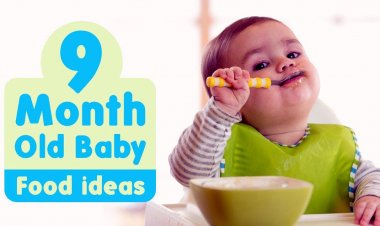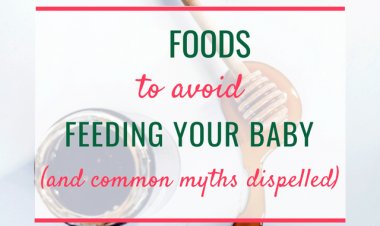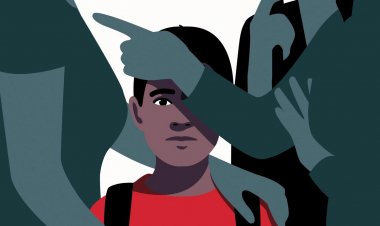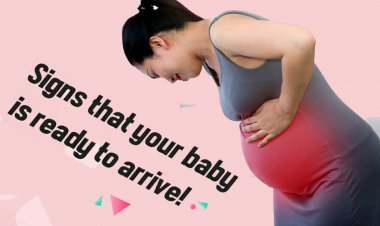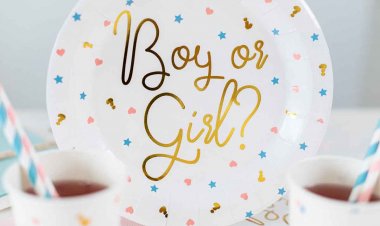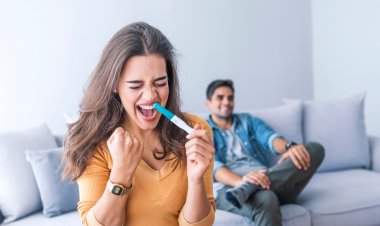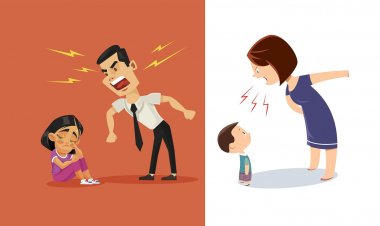Know what and when ovulation happens?
If you want to become a mother or are trying for it, then it is very important for you to know which are the days during your menstrual cycle when you are most likely to conceive. The possible days are called the ovulation period. If you're not using any form of birth control or contraceptive medications, your chances of conceiving are usually 25 to 30 percent, although this can vary widely depending on the circumstances.
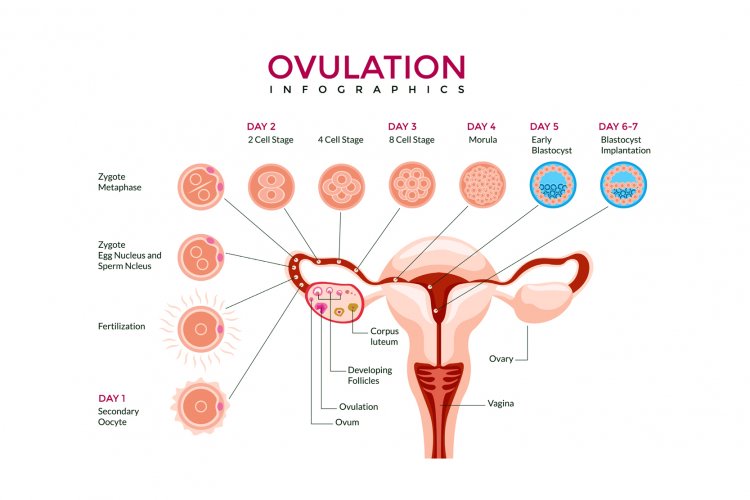
You are most likely to conceive during and around the time of ovulation (the time of the menstrual cycle when you are most fertile and most likely to fertilize).
Ovulation occurs when an egg is released from the ovary during the menstrual cycle. Now, this egg may or may not be fertilized by sperm. If the egg is fertilized then you get pregnant and if it is not fertilized then the egg breaks and the uterine lining falls off during your period and it is released. Therefore, it is very important to recognize the signs of ovulation in order to conceive.
Now the question arises – How do you know whether your ovulation period is coming or going on? Here we have given some main signs of ovulation by which you can find out whether you are ovulating period or not, as well as you can also know when you will ovulate.
Things to note
- A woman can become pregnant only during the 'fertile days' in her menstrual cycle.
- If you have sex on the day or two days before ovulation, your chances of getting pregnant can increase.
- Ovulation usually occurs between days 11 and 21 of your monthly cycle.
- If your periods are not regular, then your ovulation period may also be different.
What is ovulation?
Ovulation means the release of a mature egg from the ovary, this process happens every month. A woman is most likely to become pregnant around this time.
Generally, the menstrual cycle of women is of 28 to 35 days, in this cycle, only some special days come in the ovulation period. Normally, the 12th to 16th day after the end of a woman's period is called the ovulation period.
When does ovulation happen?
According to doctors - women have about 20 million eggs in their ovaries at the time of their birth and by the time of puberty ie the start of their menstruation, only about 50000 eggs are left. In the first half of the menstrual cycle each month, the egg develops and gradually matures. A few days after the end of the period, a women's body starts producing estrogen hormone, which helps in thickening the lining of the uterus, making it a favorable environment for sperm. Gradually, there is an increase in estrogen and this triggers an increase in another hormone, Luteinizing Hormone (LH). The surge of LH causes the egg to be released from the ovary and the woman ovulates (24 to 36 hours after the LH surge). During this time, if the egg gets sperm and the sperm is successful in fertilizing the egg, then the woman conceives, and if the egg is not fertilized, it gets mixed in the lining of the uterus and during the period of the woman. leaves the body. In the absence of fertilization, this process happens again which leads to the beginning of the next menstrual period.
Note: Pregnancy requires that you have sex only in the fertile window (6 days after the release of the egg in the reproductive tract of the sperm), the day of ovulation, and the next 2 days are most appropriate.
Symptoms of Ovulation –
As we mentioned that if you have sex during or near the ovulation period, then your chances of conceiving increase, so it is very important for you to know the symptoms of ovulation. Here we have given seven main symptoms of ovulation, with the help of which you can know about your ovulation period:
- Slight drop in body temperature then rises again
- Cervical mucus is thin, smooth and clear like egg whites
- tender opening of the cervix
- Lower abdominal pain or cramping
- increased desire to have sex
- vaginal swelling
- increase in LH
ovulation calculator
By knowing about the days when you are most fertile, you can increase your chances of getting pregnant. Normally a woman's menstrual cycle is 28 days long, but it can be different for each woman. There are about 6 days during each menstrual cycle when you can get pregnant, this is called your fertile window. By using an ovulation calculator, you will be able to easily know on which day you will be most likely to be fertile, for this you can use an online calculator or any mobile application.
Symptoms of pregnancy after ovulation
If you conceive during your fertile window/ovulation, you may experience the following symptoms:
- light bleeding
- Nausea
- digestive problems
- Breast swelling and pain
- taste change
- mood swings
- Tension
- frequent urination and incontinence
- flatulence/constipation
- morning sickness
- increased blood pressure
- Dizziness
Remember, patience and persistence are important when you are trying to conceive, and there is no guarantee that you will definitely conceive even if you are ovulating. But it is very important to keep an eye on these normal ovulation symptoms and keep trying.

 mybabycare
mybabycare 






